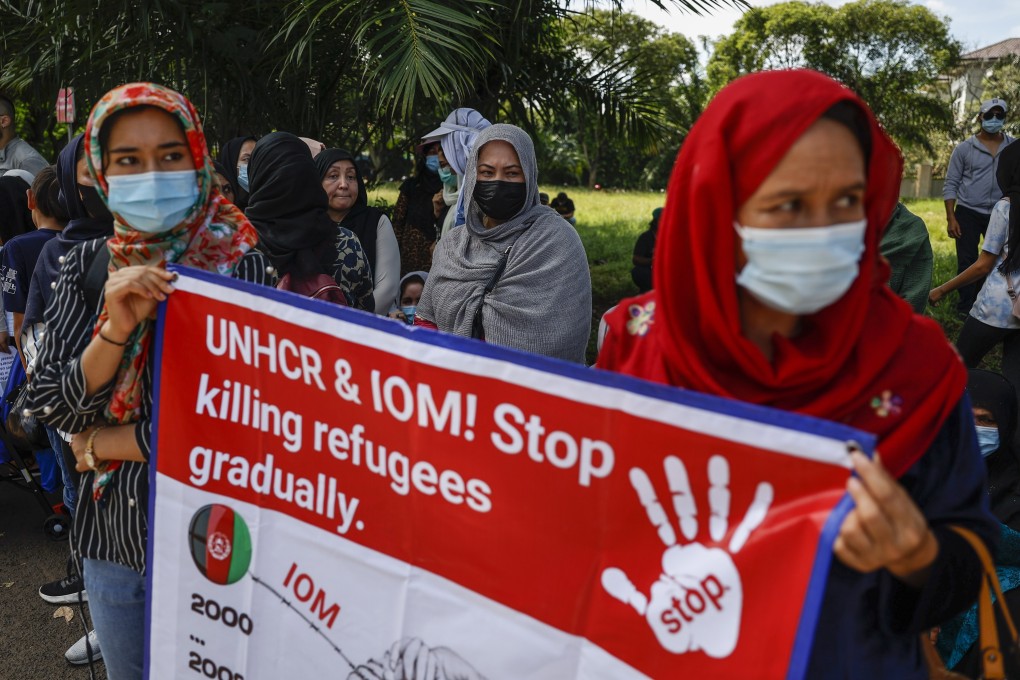Advertisement
As Australia eyes closer ties with Indonesia, Hazara refugees hope for immigration change
- Waiting to be resettled to a third country after fleeing persecution in Afghanistan, they hope PM Albanese’s new government may ease Australia’s strict refugee policies
- Global refugee numbers increase yearly and the resettlement process is so long, some have taken their own lives because of the stress, refugees say
Reading Time:4 minutes
Why you can trust SCMP
9

In Indonesia, thousands of Afghan Hazara refugees are dreaming of the day they can finally be resettled in a third country.
Persecuted for being ethnic and religious minorities, they had to leave everything behind to escape being killed by the Taliban. Some have been waiting for decades to have a normal life in places like neighbouring Australia, whose new Prime Minister Anthony Albanese last month visited Indonesia in one of his first state trips.
The change in government has given some refugees a glimmer of hope of a shift in Australia’s famously strict refugee policies.
Advertisement
“Afghan Hazara refugees are hoping the new Australian prime minister will help us with this long-term process and uncertainty,” Mohammad Reza told This Week in Asia from Medan. “We did not come here to go to Australia, we were just trying to save our lives because of persecution and genocide. But the new Australian prime minister has talked about refugees and that he supports humanitarian issues.”
Before the election, Albanese had said that his Labor Party supported offshore processing and resettlement in third countries, but not the temporary protection visa (TPV) scheme by the previous Coalition government.
Advertisement
Advertisement
Select Voice
Select Speed
1.00x